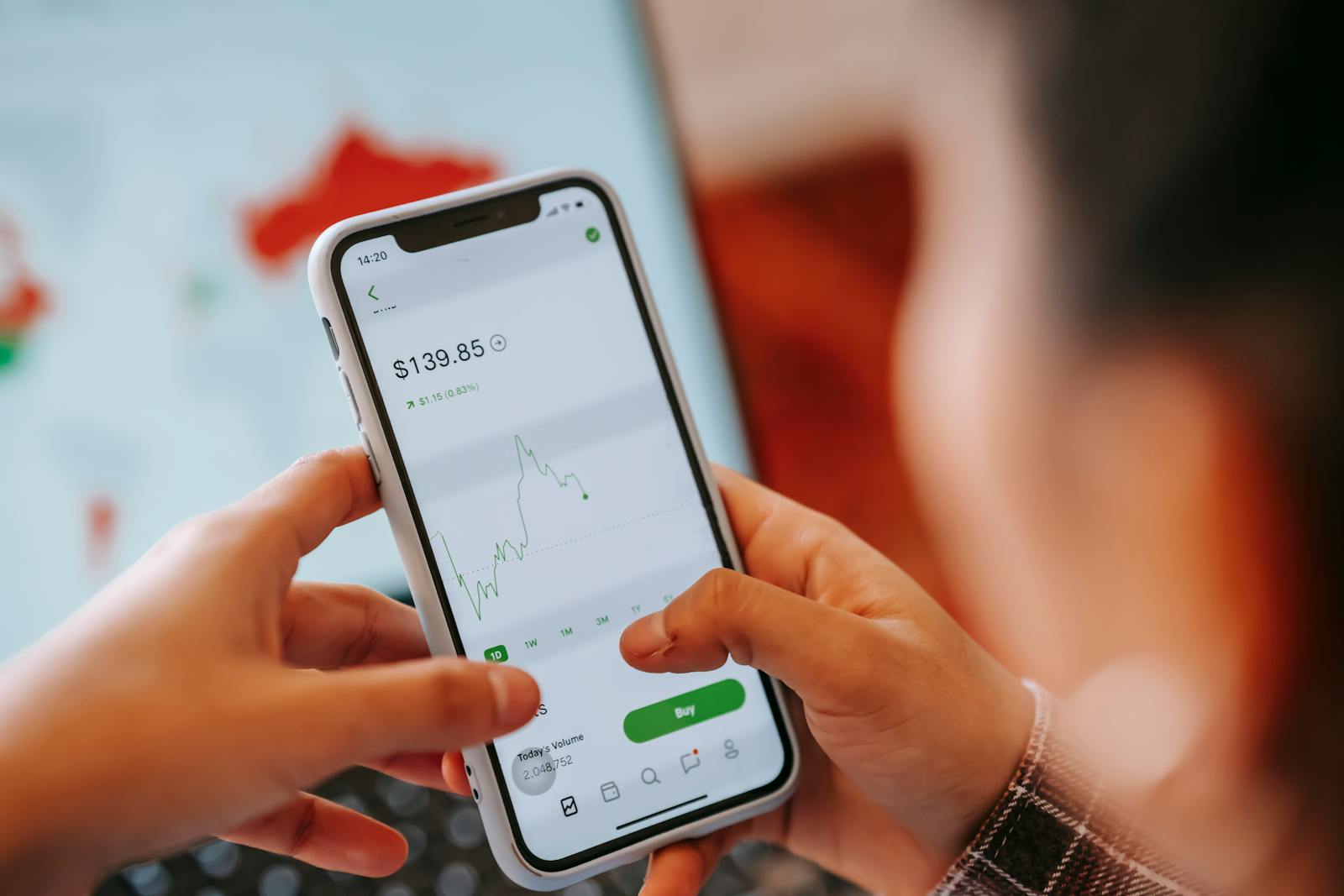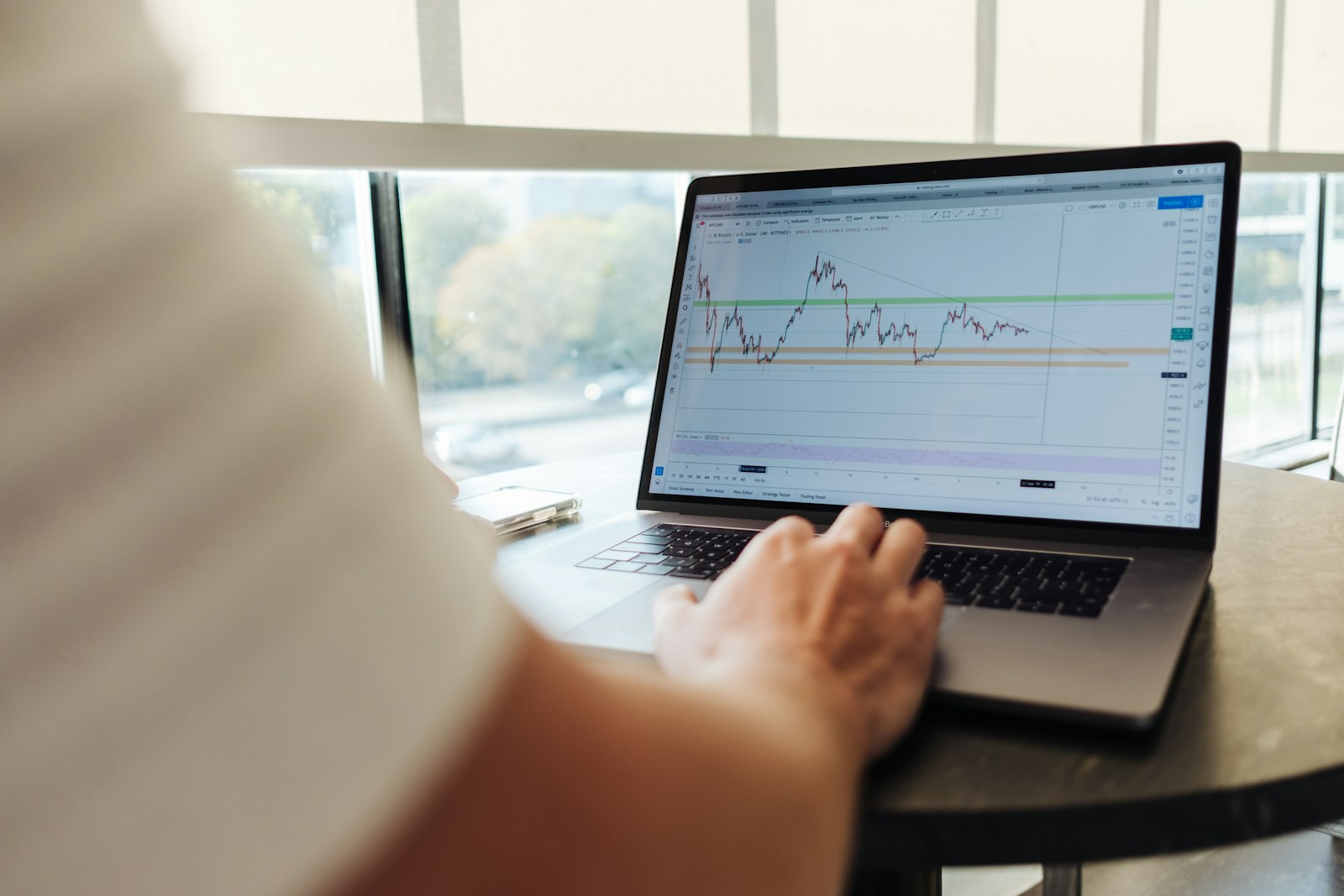In trading, emotions and psychology play as critical a role as technical analysis and market research. One of the most pervasive psychological traps traders face is herd mentality — the tendency to follow the crowd rather than making independent decisions based on personal analysis and strategy.
While herd behavior may seem reassuring, it often leads to poor trading outcomes, as traders chase trends too late or fall victim to market bubbles. Understanding the psychology behind herd mentality and learning how to counter it is essential for long-term trading success.
What Is Herd Mentality?
Herd mentality in trading occurs when individuals make decisions based solely on the actions of other traders rather than their own market analysis. This behavior is driven by the belief that the collective group "must know something" that they don't.
Examples of herd mentality in trading include:
- Jumping on a Trend: Buying a stock simply because it’s trending upward, without evaluating its fundamentals.
- Panic Selling: Dumping positions during a market sell-off because everyone else is doing the same.
- Following Social Media Buzz: Trading based on the opinions of influencers or online forums without verifying information.
Why Herd Mentality Happens in Trading
1. Fear of Missing Out (FOMO)
The desire to avoid missing a profitable opportunity pushes traders to follow the crowd.
2. Loss Aversion
The fear of losses leads traders to sell when others are panicking.
3. Social Proof
Seeing others succeed reinforces the belief that mimicking their behavior is the right approach.
4. Cognitive Ease
It's mentally easier to follow the crowd than to conduct independent research and analysis.
The Risks of Herd Mentality in Trading
1. Poor Timing
Entering trades too late after a trend has already peaked.
2. Emotional Decision-Making
Making impulsive choices driven by fear or greed.
3. Overvaluation and Market Bubbles
Herd behavior can inflate asset prices beyond their intrinsic value, leading to market crashes.
4. Loss of Strategy Discipline
Abandoning a well-defined trading plan to chase the crowd.
How to Avoid Herd Mentality in Trading
1. Develop a Solid Trading Plan
Create a detailed trading plan that includes entry, exit, and risk management criteria. Stick to this plan regardless of market noise.
2. Conduct Independent Analysis
Base your trading decisions on thorough research and analysis rather than social trends or market buzz.
3. Focus on Long-Term Trends
Avoid getting caught up in short-term market fluctuations. Focus on long-term patterns and fundamentals.
4. Use Technical and Fundamental Indicators
Rely on objective indicators rather than subjective opinions from the market crowd.
5. Limit Social Media Influence
Be cautious about trading decisions influenced by social media chatter. Verify information from reliable sources.
6. Maintain Emotional Discipline
Practice mindfulness techniques to stay calm and focused, reducing the impact of emotional reactions.
7. Review Historical Data
Study past instances where herd mentality led to market bubbles or crashes to gain perspective.
8. Seek Contrarian Perspectives
Sometimes, the best opportunities lie in going against the crowd. Look for undervalued assets when others are selling.
9. Keep a Trading Journal
Document your trades and decision-making process to identify patterns of herd behavior and learn from them.
10. Practice Risk Management
Set stop-loss orders and position size limits to protect your capital from impulsive decisions driven by herd behavior.
Real-Life Example: The Dot-Com Bubble
The late 1990s saw a frenzy in technology stocks as investors rushed to buy shares of internet companies, regardless of their profitability or business models. This herd behavior inflated stock prices to unsustainable levels, leading to the infamous dot-com crash in 2000.
Traders who followed the crowd without conducting due diligence faced significant losses, while those who maintained a disciplined, contrarian approach were better positioned to navigate the downturn.
Benefits of Independent Decision-Making
1. Better Risk Management
Independent analysis helps identify realistic risk-reward scenarios.
2. Higher-Quality Trades
Objective decision-making leads to more informed and profitable trades.
3. Emotional Stability
Avoiding herd behavior reduces stress and anxiety associated with impulsive trading.
4. Consistent Strategy Execution
Staying true to your trading plan fosters long-term success.
Conclusion
Herd mentality is a powerful psychological force that can lead traders astray. By recognizing its influence and adopting strategies to counter it, you can make more informed, disciplined trading decisions.
Remember, successful trading is not about following the crowd but about understanding the market, making objective decisions, and staying true to your strategy. Trust your analysis, manage your risks, and you'll be better positioned to achieve lasting success in the markets.









